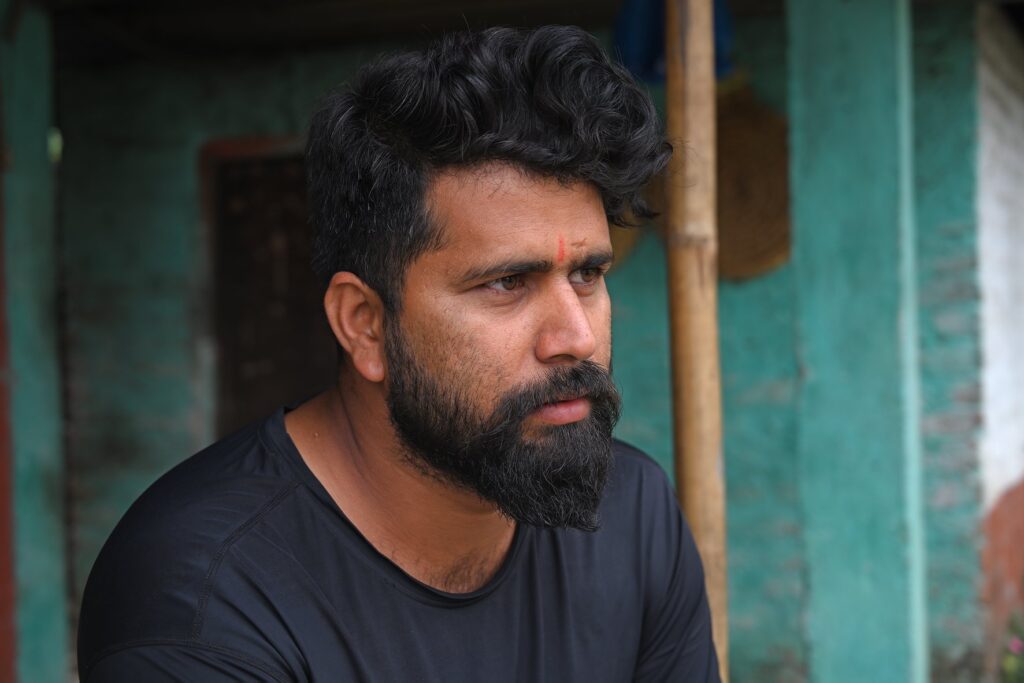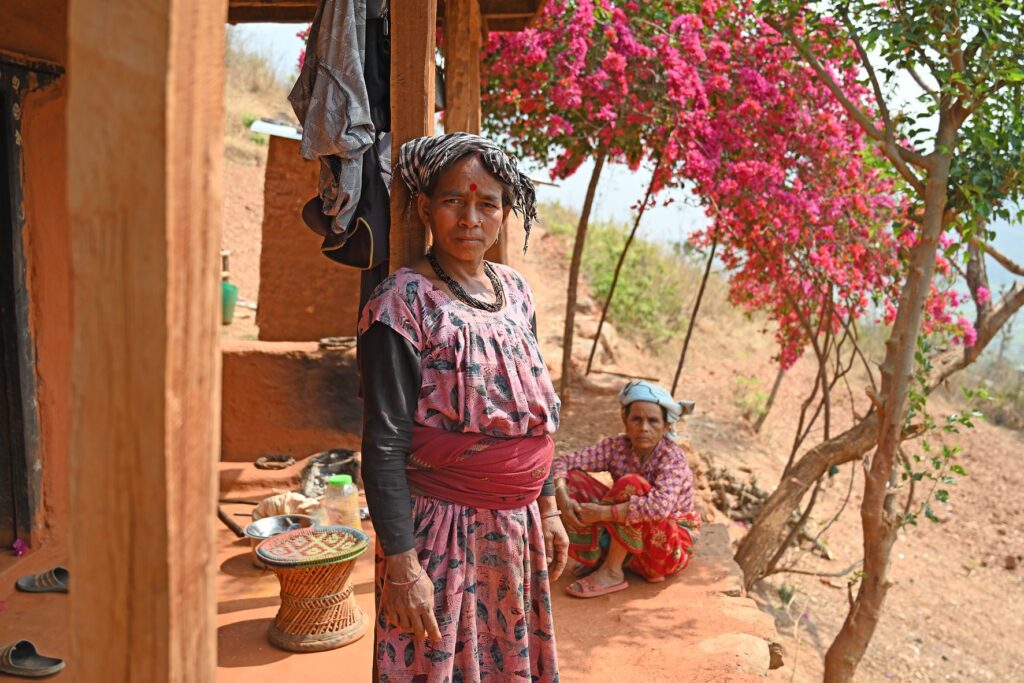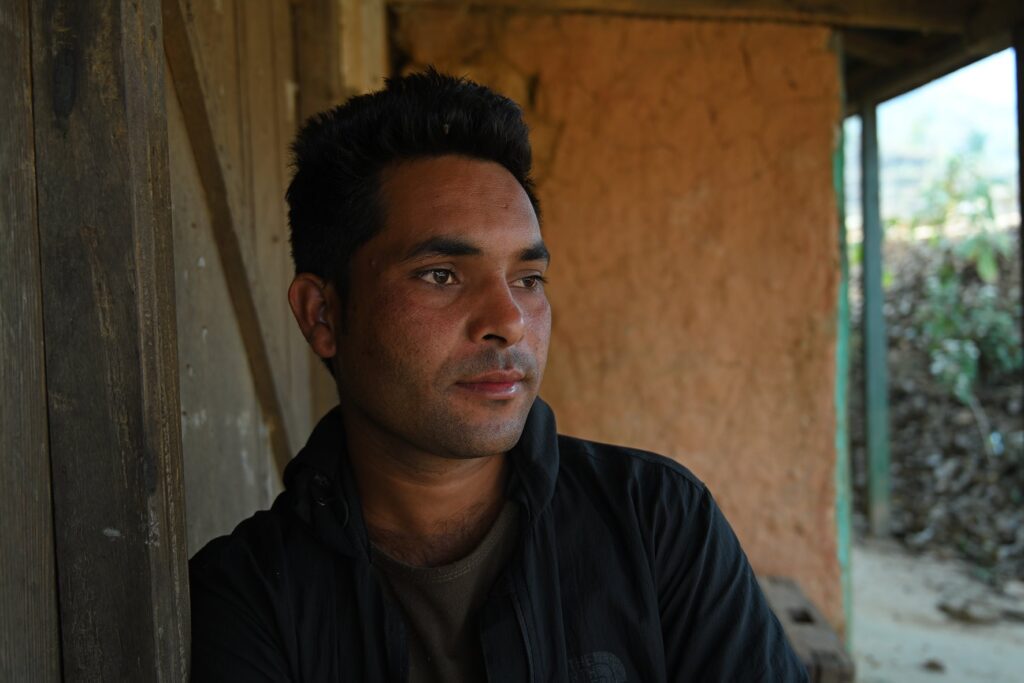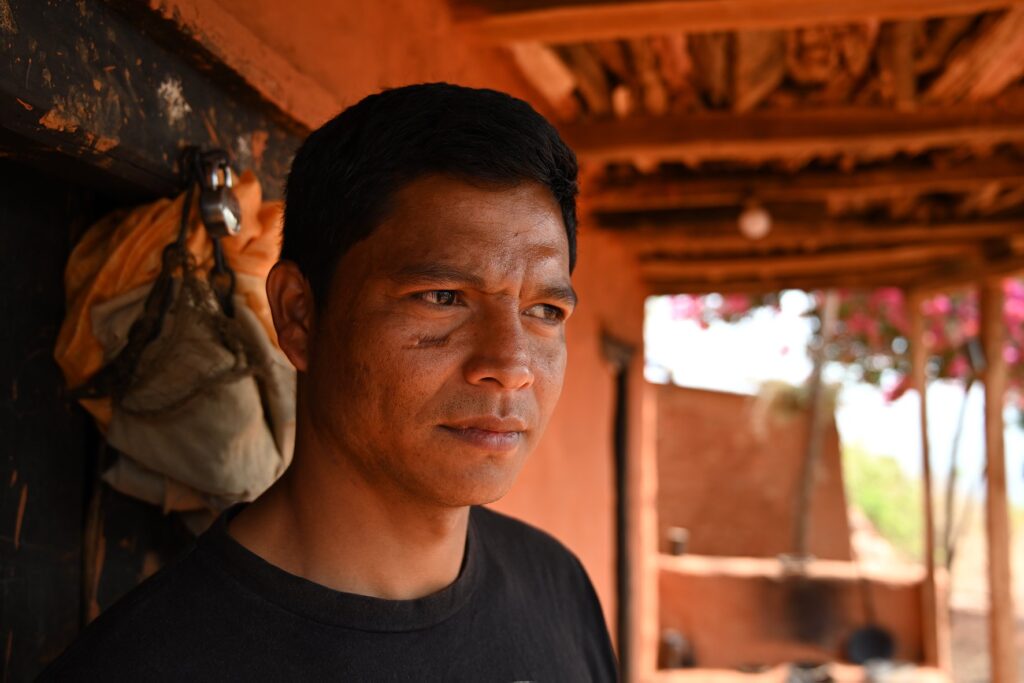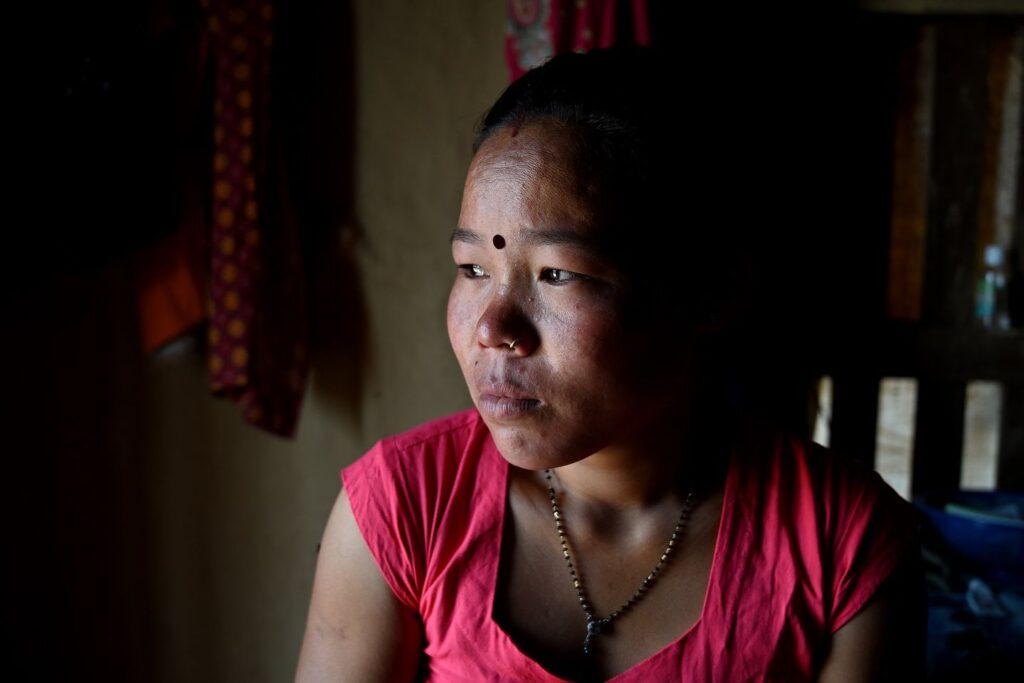
Raj Kumar Sardar Katahari 5, Morang
“I had to go work in Qatar so that I could repay the loan of the tractor that father had bought for farming. The tractor did not yield return as expected leaving him frustrated. My mother on the other hand was getting sick. As the eldest son of the family, all these burdens of the family became mine. With very little opportunity here, the only thing left to do was seek employment elsewhere, in this case Qatar. Agriculture was no longer sustaining our livelihood as it was before.
I left for Qatar in 2017 where I secured a job at the airport as a cleaner. Some cleaning was manual, and some cleaning was done by the auto-wash plant. The work was challenging but I was used to the work having worked in the farms back home. I just did what I came for, get the salary and send it home enabling my father to slowly pay his loan. I was also happy that I was able to meet the expectations of an eldest son. Although my heart longed for home, I knew home could not offer me financial security I desired. So I had pushed my emotions deep, and decided to continue in Qatar for the foreseeable future. I had partly paid my father’s loan but had no savings and that required a few more years.
We started getting news about a disease that had spread in China on the TV and soon we heard that it was spreading to other countries as well. But we never imagined it would soon get to our work place. I remember one day cleaning the bus when someone came and told me that a person with the virus had taken the bus I was cleaning, I was really scared that day and could not sleep all night. Not long after, the employers started collecting information on our health. They would come visit and ask us of our symptoms. Soon, a few men who were sick were taken to be tested and they tested positive. At the time we had heard that it was a difficult disease to cure and felt sorry for the men. Not long after the incident, the placement agency called us and said that we were all going to get a week off from work. We were all to get tested and once determined healthy were to be sent back to work. After a week, we enquired about going back to our jobs, but the officer told us that the airport was not taking us back. Due to the virus, there were less passengers and the need for our services had declined, we were expendable.
We stayed at the housing provided by the company for two more months hoping that things would get better, but it got worse. We had lost our jobs and the little savings we had was slowly diminishing and living in foreign country with such uncertainty was proving difficult for the 120 of us. We eventually figured out that we were stranded and decided to raise the matter with the company. With no job, we opted to return back home. I was sad that I could not complete my tenure and had lost my livelihood. But I had no choice. Arrangements were made with the Nepal embassy for flights and COVID-19 tests and all of us were facilitated to returned to Nepal. Upon arrival, we found out that there were a few Nepalis who were released from the Qatari prison and were not tested prompting us to be quarantined fortunately with all the costs covered. We appreciated it. When I returned to my village, I stayed at home for a month. During that time, I could sense the fear among locals towards people returning from foreign countries.
Although, nothing explicit was said to me, I could feel people distancing themselves from me and minimizing their routine formalities. Although I had tested negative, I understood that fear. The worst part came after the month lapsed and the financial realities of home started to surface. There was the loan I had to repay and the target I had set to pay it off. Without a steady income and without a promise of a job in Nepal, it added to a lot of frustrations. There was no help from the government during this time. There were no jobs and no subsidized loans. Maybe the news of such opportunities never reached me or my friends who had returned home with me. They would have told me if they did. To be honest, I do not think the state understands the true nature of the problems we face. If they did, it would have been a good thing.
If they cared I would still be farming, I would be in agriculture and staying at home. I would probably be farming mushrooms. Who likes to toil in that heat? Or if there was financial help or loans available for youth then I would probably open my own business in my community and not migrate again. I am still ready to do that. But there is no support.
It is all on us what we make of our lives. We have to work hard, we have to endure.”



